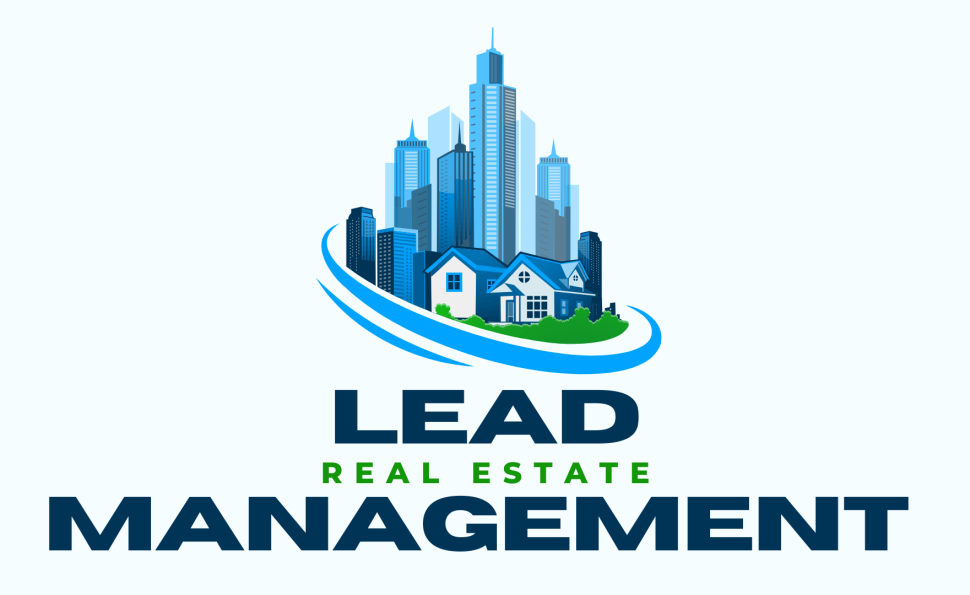Lead Management for Real Estate: Boost Sales

The Strategic Edge in Real Estate Sales
In today’s data-driven real estate market, success hinges not merely on the ability to attract potential buyers or sellers, but on how systematically those leads are managed. Lead management is the bridge between raw opportunity and actual revenue. It transforms casual inquiries into committed clients, leveraging strategy, technology, and timing to foster trust and close deals.
What Is Lead Management in Real Estate?
Lead management in real estate refers to the organized process of capturing, tracking, nurturing, and converting prospective clients into buyers or sellers. It’s more than maintaining a contact list. It’s a dynamic ecosystem of communication, analytics, and personalized engagement designed to drive conversions and sustain long-term client relationships.
- According to the National Association of Realtors, 87% of real estate agents fail to follow up with leads effectively, losing potential sales.
- Lead management organizes inquiries, prioritizes high-value prospects, and ensures timely follow-ups.
Example: A busy agent using a CRM like HubSpot can automate follow-ups and save 10+ hours weekly.
Types of Real Estate Leads
Cold Leads
These are individuals with little to no engagement. They may have interacted with a property listing or signed up for a newsletter but show minimal buying intent. Cold leads require a long-term nurturing approach, often through educational content or periodic check-ins.
Warm Leads
Warm leads on the otherside are individuals who have shown clear interest. They may have requested property details, scheduled a meeting, or responded to a marketing email. These leads demand timely engagement and targeted follow-ups.
Hot Leads
Hot leads are ready to act. They have a set budget, timeline, and property criteria. These individuals should be prioritized with high-touch communication and concierge-level service.
Lead Generation vs. Lead Management: Differentiating the Functions
Lead generation is about attracting prospects through various channels—SEO, paid ads, referrals, and events.
Lead management, on the other hand, is the structured process that begins once the lead enters your ecosystem. While generation fills the pipeline, management ensures none of it leaks before the point of sale.
The Lead Funnel: Understanding the Journey
Awareness Stage
At the awareness stage potential clients are discovering your brand, listings, or services for the first time. This could be through educational content and value-driven marketing content which helps to introduce your expertise.
To build better awareness for your brand, focus on creating valuable, educational content that addresses your audience’s needs, showcases your expertise, and positions you as a trusted resource in the real estate industry.
For example, you can share blog posts about home-buying tips, create video tours of neighborhoods, post home market updates on your social media pages, or offer free guides like “10 Things First-Time Homebuyers Should Know”—all of which demonstrate your knowledge and build trust with potential clients.
Consideration Stage
Prospects begin comparing options and evaluating your offerings against competitors. Trust is built through testimonials, case studies, and in-depth communication. Athis stage you need to be consistent with your updates, check which of your awareness content is generating essential traffic, segment your leads and pitch right.
For example, you can share client testimonials on your website and social media, send comparison guides that highlight what sets your services apart, or follow up with leads via personalized emails that address their specific needs.
You might also use tools like CRM analytics to identify which blog posts or listings drew the most attention, then tailor your follow-up messaging accordingly to move them closer to a decision
Decision Stage
This is the decision point. With the right mix of urgency, trust-building, and smooth processes, you can help leads take the final step—whether that’s signing a contract or making a purchase.
Here’s how to guide them:
- ✅ Create urgency: Highlight limited-time offers, upcoming price changes, or high demand for specific properties.
- Example: “This listing has had 10+ inquiries in the past 24 hours. Let’s schedule a showing before it’s gone.”
- Example: “This listing has had 10+ inquiries in the past 24 hours. Let’s schedule a showing before it’s gone.”
- ✅ Offer reassurance: Share clear next steps, testimonials, or FAQs to remove doubts.
- Example: Send a “What to Expect After You Make an Offer” guide to ease concerns.
- Example: Send a “What to Expect After You Make an Offer” guide to ease concerns.
- ✅ Make the process easy: Provide checklists, pre-filled forms, or access to trusted mortgage brokers, inspectors, or lawyers.
- Example: “Here’s a step-by-step checklist for closing, with links to our trusted partners.”
- Example: “Here’s a step-by-step checklist for closing, with links to our trusted partners.”
Essential Tools for Real Estate Lead Management
Customer Relationship Management (CRM) Systems
Want to close more deals without letting leads slip through the cracks?
A powerful CRM isn’t just a tool—it’s your secret weapon. It keeps all your contacts in one place, tracks every interaction, reminds you to follow up at the right time, and even shows you what’s working (and what’s not).
Top-performing real estate pros swear by their CRM to stay organized, build stronger client relationships, and never miss a sales opportunity.
If you’re still juggling spreadsheets or sticky notes, you’re leaving money on the table.
Let’s explore how the right CRM can transform your lead management and skyrocket your sales.
1. Centralized Contact Management –Do Not Scattered Your Leads
Some Leads coming in from Facebook, website forms, referrals, and open house maybe impossible to track manually.
A CRM centralizes every contact, tagging each with source, stage, and priority.
✅ Practical Tip:
Use smart tagging (e.g., “Buyer – Hot Lead” or “Seller – Nurture”) to segment leads and tailor your messaging.
Most CRMs offer integrations with your website, email, and even social platforms, so new leads are automatically captured and organized in real-time.
2. Automated Follow-Ups – Never Miss a Beat
80% of sales require 5 or more follow-ups, but most agents stop after one.
CRMs allow you to create automated email/text drip campaigns that continue to engage leads until they’re ready to act.
✅ Practical Tip:
Create a 4-week buyer journey sequence with educational content, testimonials, and calls to action (e.g., “Schedule a Viewing”).
Platforms like HubSpot, Zoho CRM, or Follow Up Boss let you build and schedule multi-channel follow-ups based on user actions (e.g., clicked a link = interested).
3. Pipeline Visibility – Know Exactly Where Every Deal Stands
You can’t scale what you can’t see.
CRMs give you a visual sales pipeline so you know who’s new, who’s hot, and who’s stuck—and take action.
✅ Practical Tip:
Set up pipeline stages like: New Lead → Engaged → Meeting Scheduled → Offer Sent → Closed.
Review this weekly to spot bottlenecks.
Use pipeline reports to forecast monthly revenue and set activity goals (e.g., 10 calls/day to move 3 leads down the funnel).
4. Performance Analytics – Improve What You Measure
Agents who review their CRM reports regularly close 30% more deals.
With built-in analytics, CRMs show which lead sources are converting, which emails are getting opened, and where to double down.
✅ Practical Tip:
Track metrics like lead response time, email open rates, and deal close rates. Adjust your strategy based on data, not gut instinct.
Use CRM dashboards to generate weekly or monthly performance summaries. Some CRMs even use AI to suggest next-best actions.
5. Mobile Access – Run Your Business from Anywhere
Real estate happens on the go.
Most CRMs have mobile apps, so you can call, text, update notes, or schedule follow-ups straight from your phone.
✅ Practical Tip:
Right after a showing or meeting, log notes and set a follow-up while it’s fresh—directly from the CRM app.
Enable push notifications for lead activity (e.g., “John just opened your email” or “New inquiry from Facebook”) so you can respond instantly.
“Effective lead management is the linchpin of real estate success. It transforms passive interest into purposeful action. Through a deliberate blend of technology, segmentation, personalization, and speed, real estate professionals can maximize conversion rates, enhance client satisfaction, and ultimately boost sales in a highly competitive landscape.
FAQ Section
Frequently Asked Questions About Lead Management for Real Estate
- What is lead management for real estate?
Lead management for real estate is the process of organizing, tracking, and nurturing leads to convert them into clients using tools like CRMs and automation. - What are the best tools for real estate lead management?
Top tools include HubSpot, Follow Up Boss, and Zoho CRM, offering automation, lead tracking, and integrations for real estate agents. - How can I nurture real estate leads effectively?
Personalize outreach, provide valuable content like market reports, and use drip campaigns to stay engaged with leads. - Why is lead segmentation important in real estate?
Segmenting leads by source or readiness allows agents to tailor outreach, improving conversion rates and efficiency.
How often should I follow up with real estate leads?
Follow up 1-2 times weekly with emails or calls, adjusting based on lead engagement to avoid overwhelming prospects.

